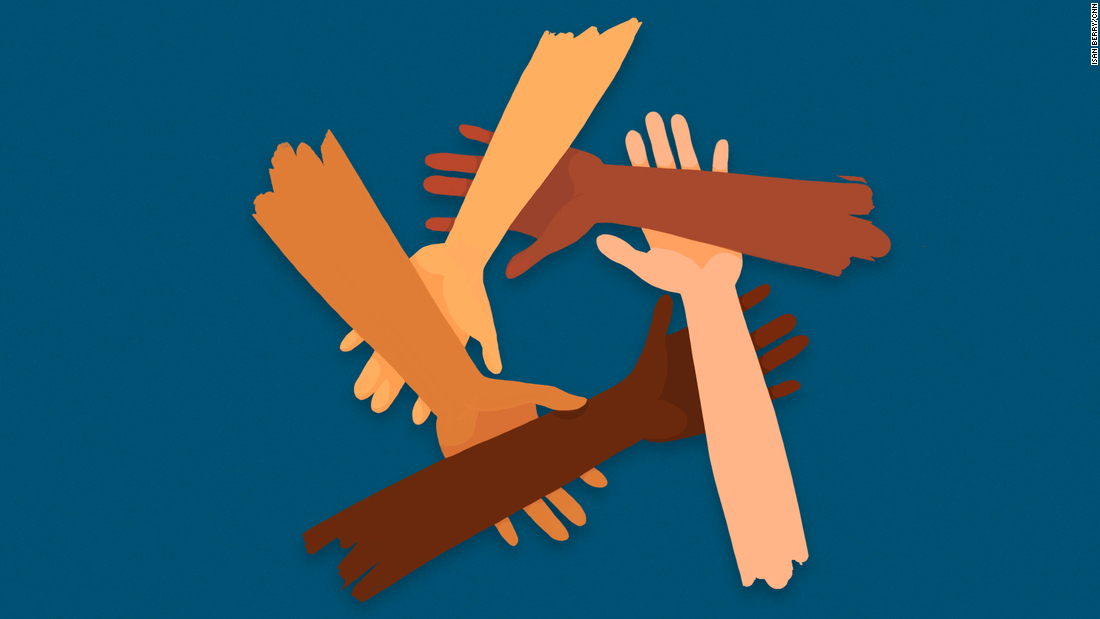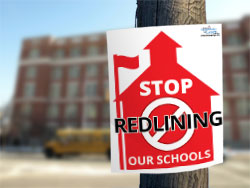Whose are told and whose remain in the margins?
I think the stories that are told are mainly about white, unmarginalized people. When the results were shown in DancingTeacher808’s TikTok, it put into perspective the sad reality of history education. I know that I personally felt affected because it made me think back to my K-12 experience. I remember learning the same thing year after year and most of what we learned was based on white people’s experiences, thoughts, and opinions. We did learn about marginalized people, but never from their perspective. Which brings me to whose stories remain in the margins? The stories of people who were oppressed due to their race, ethnicity, or historical background. In the article “An Indigenous Peoples’ History of the United States for Young People,” Roxanne Dunbar-Ortiz, Jean Mendoza, and Debbie Reese explain how the white man was seen as dominant. They quote Sun Elk’s comment, “They told us that Indian ways were bad. They said we must get civilized… It means “be like the white man”” (Dunbar-Ortiz, et al., 2019, Paragraph 14). They explained that even though the white men were treating the Indigenous people poorly, the Indigenous people were forced to act like them, but with different consequences. The indigenous people had to give up their families, traditions, and knowledge because the whites did not like how the Indigenous people acted. These people’s stories remain in the margins because it has taken years for the truth to come out about how they were mistreated. People ignore what they have to say and believe that their words hold no value because the education system has always held white people’s stories above theirs. The stories in the margins deserve to be heard and taken seriously.


.jpg)
Hello Taryn, I enjoyed reading your article and agree with what you are saying. I also think it is unfair that history taught in the United States seems to be bias. I do not think that is fair especially because the U.S. is diverse, it does not make sense that our education system would be bias towards one race when the classroom holds some many. I hope that this is something that can change in the future. I also hope that children in the future do not feel like their history is not told in the classroom.
ReplyDeleteHi Ally! Thank you for your response! I agree it is so unfair that the history taught in classrooms is so biased. I really hope that things change, and we get to be apart of it.
DeleteHello Taryn! You had a very well written response and I agree that in all the history classes I have taken in my life, all topics were based on a white person’s opinion and information. Last semester I had to read for one of my classes the book version of the article you had mentioned. I represented a lot of the views from other indigenous people’s side about history. The side that is not told in the history books. The first chapter from that book talks about how poorly Christopher Columbus treated the Indians when he had arrived to the Americas. It talked about the pain, torcher and suffering the Indians went through when they only wanted peace and welcomed Christopher Columbus and his men with open arms. The whole book is the stories that were untold. Christopher Columbus is praised upon in history books and there isn’t even a page that explains the other side of the story. Every side to history is important and should be valued because it is a part of history and what makes the world we live in today.
ReplyDeleteHi Taryn, I really liked your post and thought it was well written and thought out. I agree with your statements, I remember learning the same things year after year but never stopped to see how one sided and biased everything was. Why did we hear things from just the white voice and not other people's perspectives? College is the first time i'm really hearing about the "margins" and whose stories and perspectives we have not heard. People of color are mainly shown in a negative light and you can imagine the psychological damage that has on students overtime hearing this perspective over and over again. This leads to violence, prejudice and misinformation. Hopefully, as a country we will continue to let voices of Native Americans and people of color be heard and let them tell their stories from their perspective. Everyone deserves to be heard for what their story is.
ReplyDeleteHi Taryn!
ReplyDeleteI really like your post. I do agree that in school we don't hear a lot about other peoples stories and I agree with the fact that its not far how we live in a world where we are told that everything is equal but we don't learn anything about our history from other cultures, and ethnicity's. I really appreciate your post and I hope that the future will change for the better.
Hi Taryn! I really enjoyed reading your post and your analysis of individuals that get left in the margins because of the current education system. I understand the perspective you are coming from and it saddens me when I think about how damaged students' knowledge of history actually is. History is one of my favorite topics but I do wish that we were able to learn more about the past of Native Americans, Hispanics, and even African Americans. As a future educator, I want to make an effort to change the history department and change the ideas that are being taught in the classroom. I believe that students deserve the opportunity to learn the truth of how history actually presented itself. There are certain parts of history that are ignored and played off like it never happened for example slavery, or even the exploration of Columbus which are taught incorrectly.
ReplyDeleteHi Taryn,
ReplyDeleteI absolutely agree with your opinion that the main stories we learn are white stories. I also relate to your experience in school, as I am sure most people in this class also do. I like how you analyze and explain the points made in the article about Native American boarding schools. I was shocked when I read this chapter as I had no idea this ever happened. I think it is very unfair that the natives were made to behave like people who invaded and stole their land just because they acted different. As a teacher I hope to be able to include stories that have been ignored so they understand how the country was founded.
Hey Taryn,
ReplyDeleteI agree so strongly with what you are saying my entire experience and as a student I never heard of a person or group of people who weren't marginalized. I have rarely, if ever, heard about major personalities who children should be aware of and study more about who are not white. I didn't learn about notable figures who were excluded until I came to college. It is critical that children learn about these persons throughout the school year.
Hi Taryn, I really enjoyed reading your article/blog post. I do agree with you though that the history we learn is all white written stories to make us as a group look above all. what we do not learn about is all the atrocities done to marginalized groups to get there and the ones they do talk about it almost seem like they try to sugarcoat it. There are so many cultural people that have done so many wonders yet we rarely hear anything about it and it's sad. when I am a teach I hope to change this and talk about all history not the history that they want us to know.
ReplyDelete